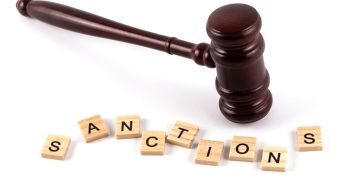Overview of fuel changeover issues and challenges
ICS and ECSA have jointly issued a guide to give assistance to ship owners, operators and crew to prepare for the changes in fuel characteristics and compliance with the new sulphur limits for ships fuel used in in Sulphur Emission Control Areas (SECA) as of January 1, 2015. Furthermore, they have recently issued a paper to give an overview of the 'fuel changeover' issues and challenges as they affect ECA- SOx compliance. This overview of the key technical and operational aspects faced by ships when undertaking fuel changeover on entering an ECA-SOx is intended to provide competent authorities with an insight into the particular issues and challenges of that process when assessing compliance with the EU Sulphur Directive 2012/33/EC There are a number of technical and operational issues related to the use of these LSDFO type fuels in marine systems, however in terms of the changeover process itself and the demonstration of compliance the following would be identified as themajor issues: Flushing through of the fuel oil service system High fuel temperature changes HSRFO pick up from dead end pockets Cleaning action mobilising deposits Flushing time Managing the changeover transition Maine diesel engine fuel oil injection systems generally use ram type pumps to provide the injection pressures required. ...
Read moreDetails


























































